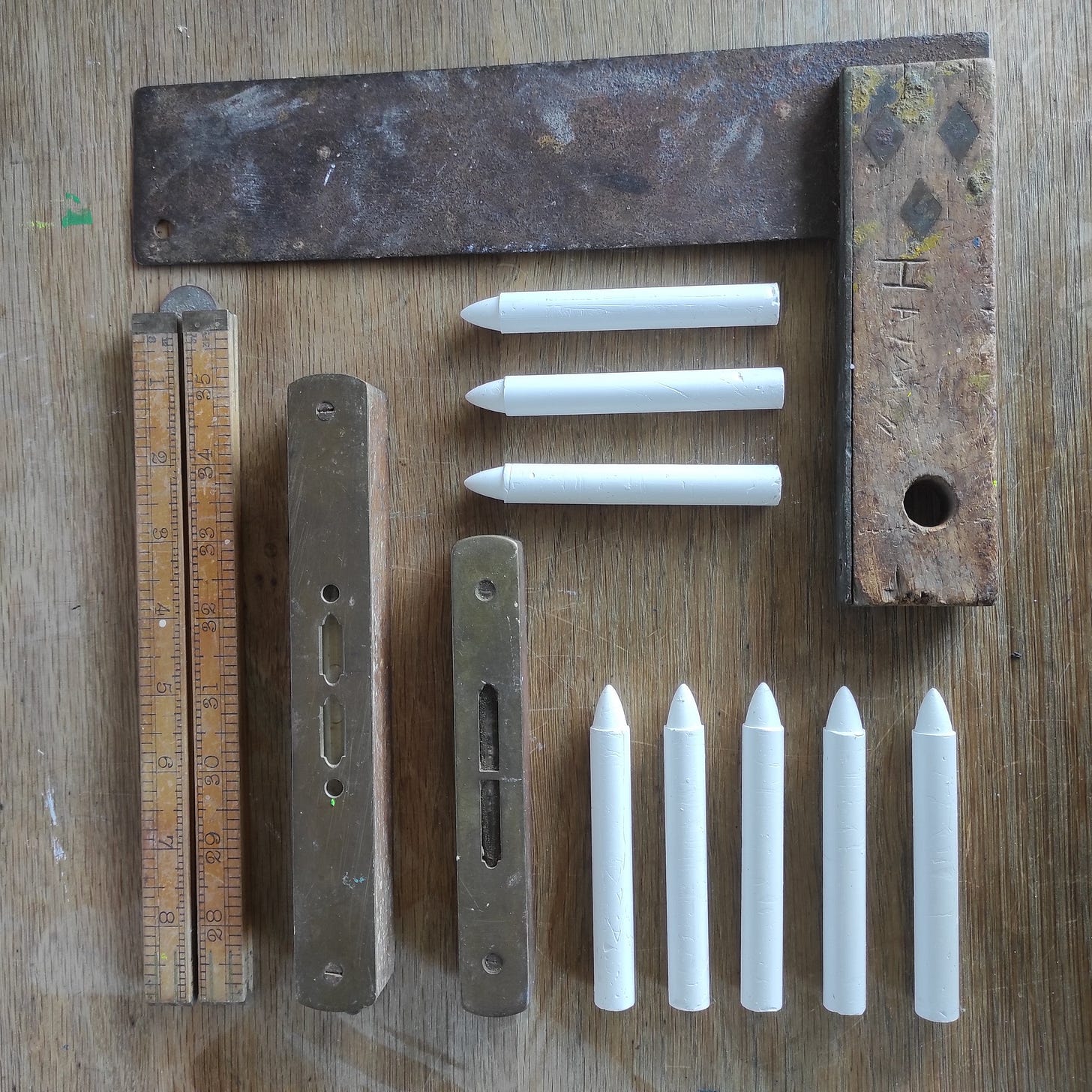15th August, 2021
Week 33/52
Photo: Amanda Gilbertson
🔦 Reveal
You don’t have to think too hard about your priorities. Just pay attention to what you do first each day.
Your real priorities are revealed not stated.
A stated preference is what we say we want to do.
A revealed preference is what we actually do.
Often what we do betrays what we say.
Our stated priorities are hopeful, but our revealed priorities are honest.1
I want to play tennis.
I want to learn te reo.
I want to get more sleep.2
I want to be a good manager.
I want to spend more time with my family.3
But I'm also very busy.
(Remember, don't say you're busy, say you're getting lots done. If the latter isn't true, the former is irrelevant.)
When we’re making a product or service that we hope others will use and pay for and tell their friends about, it’s helpful to listen for stated preferences, but it’s much more important to watch for revealed preferences.
We shouldn't base our optimism entirely on kind words. We need to always cut through and find some action that shows that people mean what they say.
🧑🚒 Burn
Wikipedia lists six types of burns:
Heat
Cold
Friction
Electrical
Radiation
Chemical
Presumably the others from the longer list will eventually be added by the crowd (we got surfing and skateboarding into the Olympics, so anything is possible):
Verbal
Heart
Cash
Lactic
Side
After
Orbital Insertion
Audrey (Hep)
Slow 4
[sic]
Any I've missed?
👴🏻 Age (take two)
Let's expand on an idea I started much earlier in the year...
Midlife is when you reach the top of the ladder and find that it was against the wrong wall.
— Joseph Campbell
We only get to be each age once
There was a time when it felt like every weekend was filled with 21st birthday parties. Then weddings. More recently for me, sadly, it’s been funerals.
I’m also noticing a cohort of people who are about my age slip into midlife crisis. Typically they forgot to be young when they were actually young.
It’s tragic to watch somebody who built a career or started a business finally achieve escape velocity only to immediately try and stop time, or even rewind - a young person’s car, a young person’s relationship (often at the expense of the relationships that have supported them on the ascent), a young person’s lifestyle etc.
It’s equally awkward to watch somebody who extended their youth way longer than it actually lasted by continuing to live without responsibilities suddenly realise that all of their friends are now ten years younger than them. Meanwhile the people they used to know have moved on and have partners and children and mortgages and very different interests.
It’s better to be sad about the future than the past
I had a small realisation earlier this year, when contemplating the knee surgery I wrote about previously. I wondered then if I might not be able to run again. That was a dark thought for me, but slightly less so than it might have been because (just in time) I'd run a lot while I still could. If I couldn’t do that anymore I’d at least look back fondly rather than with regrets - i.e. I’d miss what I no longer had (sad about the future) rather than what I never had (sad about the past).
Once we understand this pattern, it’s surprising how hard we have to work at it.
As someone prolific once explained to me:
The secret to having an amazing project to talk about today is to be also working on five other projects that won’t come to fruition themselves for weeks or months or years.
Not many people can juggle like that. And it’s contradictory advice-because the key to making any one of those projects successful is dedicated focus. The folks who solve that riddle are the ones we read about in biographies.
All of us mere mortals can just ask two questions each day:
What do I need to finish today (because the opportunity might soon pass); and
What do I need to start today (because the time has finally come).
The depressing bit, and the reason these questions are so often so hard, is a double whammy: the things we need to finish often needed to be started a long time ago (the best time to plant a tree is years ago etc) and the things we need to start won’t pay off for a long time (if ever) so they are easily deferred.
I’m moving to the country…
I wonder if this advice is even harder to understand if you happen to live in a city or in a place with a temperate climate?
I think it’s maybe much easier in the country side or closer to the poles where the change of seasons are more explicit.
The biblical advice about there being a time to plant seeds and a time to harvest (and a time to rest?) is more obvious where failing to do those things in the right season means missing the window for a whole year.
Make hay while the sun shines. Pick fruit when it falls.
We can only be each age once.
I hope I don’t waste too many years trying to be something I'm not.
Top Three is a weekly collection of things I notice in 2021. I’m writing it for myself, and will include a lot of half-formed work-in-progress, but please feel free to follow along and share it if it’s interesting to you.
The examples I’ve used in this list is inspired by Randi Zuckerberg’s theory, which I wrote about previously (see: Long Enough)…
You can choose at most three of these five things: friendships, work, family time, staying fit, getting sleep.




